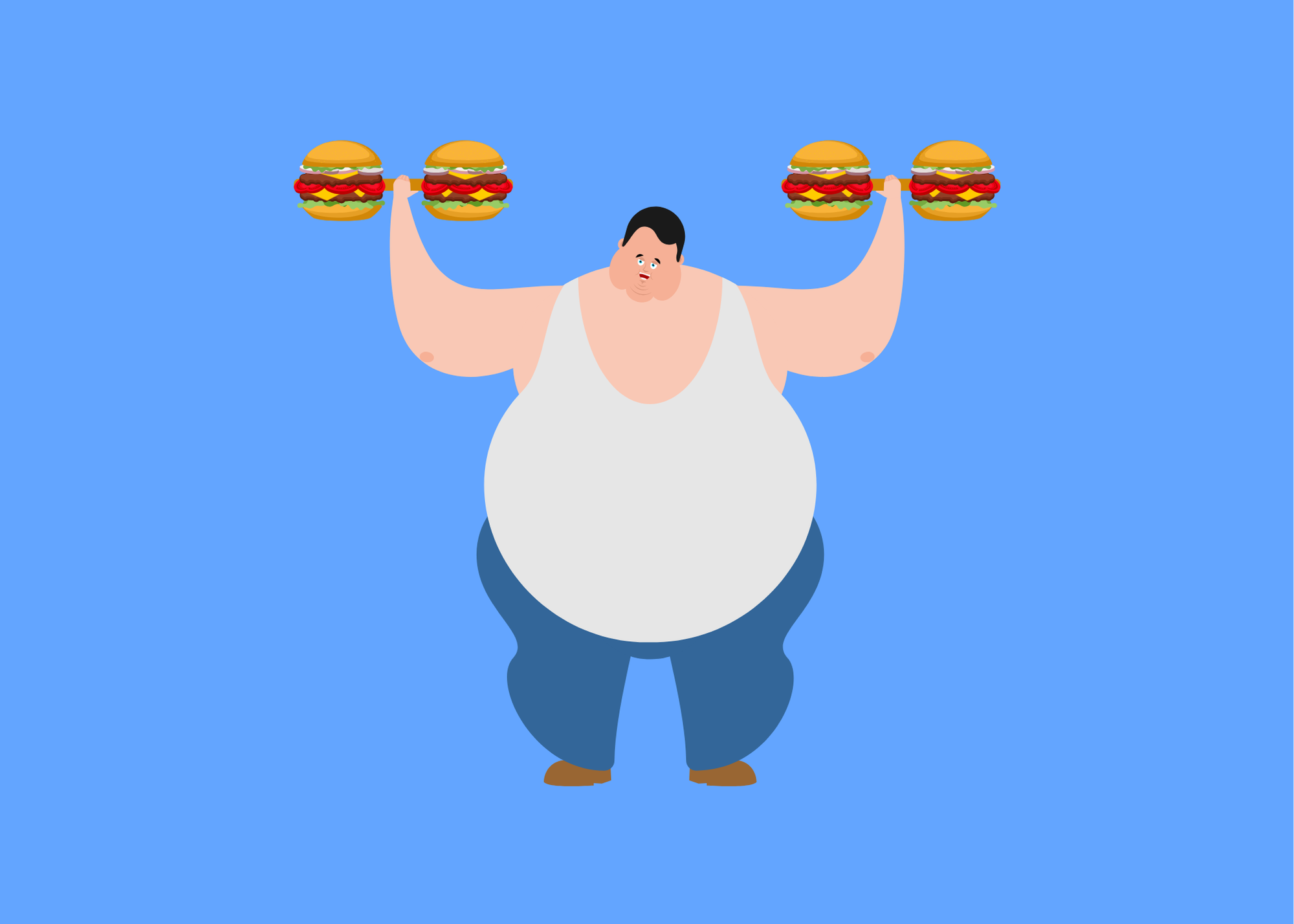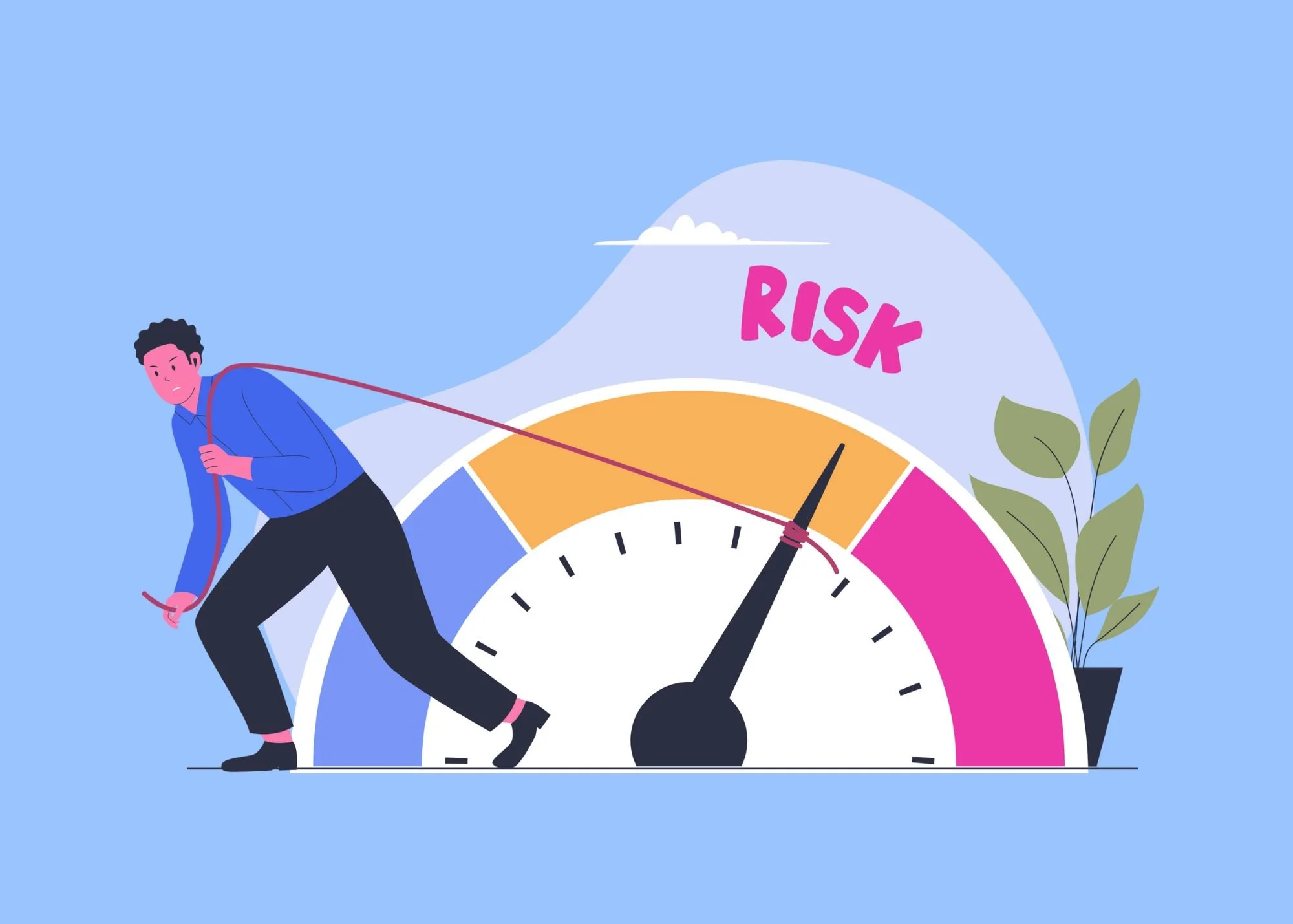You Are More Than Your Career: Building a Meaningful Life Outside of Work
You are more than your career. Are you living like it?
Let’s get something straight: your job is not your identity.
I know, that might sound like blasphemy if you’re a high-achieving, type-A professional who lives and dies by the color-coded Google Calendar. But here’s the truth: defining yourself solely by your career is a fast-track to chronic stress, burnout, and a gnawing sense that you’re doing everything "right" and still not feeling right.
So let’s flip the script. Because the antidote to burnout isn't just fewer Zoom calls or better time management apps. It’s building a full, rich, and meaningful life outside of work—and doing it with the same strategy, intention, and drive you bring to your career.
Deep Health: The Real ROI
Let’s talk about something I teach every single client: Deep Health. Think of it like the six-point inspection for your life. It includes:
Physical Health: Not just workouts, but sleep, nutrition, and energy.
Mental Health: Your thoughts, focus, and ability to make good decisions.
Emotional Health: How well you regulate stress, disappointment, and setbacks.
Relational Health: Your social support system. (Hint: Slack doesn’t count.)
Environmental Health: The physical spaces you inhabit. Are they lifting you up or dragging you down?
Existential Health: Your sense of purpose. Why are you doing all of this?
When these areas are aligned, you get what I call performance with staying power. Burnout-proof. Resilient. Fulfilled. And not constantly wondering if you need to move to a new city or quit your job to finally feel okay.
Why a Life Outside Work Makes You Better at Work
Let’s break this down. A well-rounded life isn’t a cute self-care bonus—it’s the thing that makes your performance sustainable.
1. Your Job Title is Not Your Whole Story
High achievers often confuse achievement with identity. Promotions feel good. Titles matter. But when your entire self-worth is tied to your performance, you’re in dangerous territory. One missed opportunity or a tough quarter can feel existential.
Diversifying your identity—through hobbies, relationships, and non-work goals—isn’t soft. It’s smart. It creates emotional stability, perspective, and confidence that doesn't crumble with a bad meeting or a tough performance review.
2. Diverse Support Networks = Career Lifelines
Only leaning on your coworkers for connection? That’s like investing your whole portfolio in one stock. A strong personal network of friends, family, mentors, and community members offers emotional safety and unexpected career insight.
That book club you joined for fun? Turns out someone in there is the hiring manager for your dream role. That hiking group? The best therapy session you didn’t have to bill insurance for.
3. Stress Recovery is Non-Negotiable
Burnout isn’t just the result of long hours. It’s what happens when recovery is absent. Stress is cumulative. If you’re not giving your nervous system a chance to downshift, it will eventually force you to.
Science backs this up. Activities like moderate exercise, meaningful social connection, mindfulness, and quality sleep are proven to reduce cortisol, improve emotional regulation, and enhance cognitive flexibility—a.k.a. your ability to deal with chaos without losing your mind.
4. Creative Breakthroughs Don’t Happen on Back-to-Back Zoom Calls
Innovation doesn’t come from white-knuckling your to-do list. The best ideas often emerge when you’re doing something completely unrelated to work. Shower thoughts. Long walks. Cooking something new. That space is the magic.
Neuroscience calls it the default mode network—a brain state that turns on when you’re not actively focused. It’s where reflection, insight, and creativity happen. But to activate it, you have to unplug.
Tactical Moves: How to Build a Bigger Life (Without Quitting Your Job)
If this all sounds good in theory but impossible in practice, stay with me. Here’s how high performers actually make it happen:
Audit Your Time Like a CFO
Where is your time really going? Be brutally honest. If you’re spending 12 hours a day working and your only "me time" is doomscrolling at 11pm, something has to shift.
Use a time tracking tool or even a basic spreadsheet. Categorize your hours by activity. Then ask: Are these aligned with the kind of life I want to build?
Set Boundaries That Actually Hold
No, you’re not weak for needing boundaries. You’re strategic. High performers are notorious for being boundary-challenged, especially in hybrid or remote work. But protecting your time is how you protect your energy—and your edge.
Pick a non-negotiable "off" time every day. Set an email auto-responder if you have to. And yes, your boss will live.
Reclaim Micro-Moments
You don’t need three hours of free time to start. Use what you’ve got.
10 minutes of stretching while listening to music.
A 15-minute walk outside instead of another coffee run.
One screen-free dinner a week with people you actually like.
These micro-moments add up. They signal to your brain: "Hey, we do more than work."
Try Something Badly (On Purpose)
Perfectionism is a coping mechanism. One of the best ways to loosen its grip? Do something new that you suck at. Paint. Dance. Try stand-up comedy. The goal isn’t mastery—it’s play.
This rewires your brain to experience joy without achievement. It builds resilience, reduces performance anxiety, and reminds you that you’re more than your LinkedIn headline.
Curate Your Environment
Your surroundings matter. Is your home or workspace draining or energizing? Light, color, noise, clutter—all of it affects mood and focus.
Even small tweaks help. Add a plant. Light a candle before your workday starts. Create a tech-free zone in your apartment. Your environment should support the life you’re trying to build, not just the job you’re trying to survive.
Redefining Success: Your Career Is a Chapter, Not the Whole Book
Let’s be clear: this isn’t about doing less. It’s about doing what matters more.
Yes, you can still be wildly ambitious. You can want the promotion, the startup exit, the keynote speech. But if you want to sustain that level of ambition, you need a foundation that’s broader than your resume.
The most fulfilled, impactful professionals I know are not the ones who never log off. They’re the ones who build strong relationships, sleep eight hours, take creative risks, and know who they are outside of Slack.
Final Thoughts
Don’t wait for burnout to make a change. You don’t need a crisis to start living better.
Every small shift counts. Every walk you take instead of checking email. Every dinner you prioritize with your partner. Every book you read that has nothing to do with work.
You are more than your career. The question is: are you living like it?
Need Help? Your goals matter—but so does your life outside of work.
A full, meaningful life isn’t luxury. It’s necessary for deep health.
💡 Let’s rebalance your life without sacrificing what matters most. Book your free 20-minute consult today.
Article References
The sources cited in the article:
Harvard Business School. "You’re More Than Your Job." Harvard - You’re More Than Your Job
Harvard Business Review (HBR). “Do You Have a Life Outside of Work?” HBR - Do You Have a Life Outside of Work?
Verywell Mind (VM). "Why Work-Life Balance is So Important and How to Nail It." VM - Work Life Balance is So Important
Harvard Business Review (HBR). "Work Life Balance is a Cycle, Not an Achievement.” HBR - Work Life Balance
LA Times. “Why We Struggle to Find Meaning and Purpose at Work.” LATimes - Struggle to Find Meaning and Purpose at Work
NYTimes. “Yes, Your Job is Important, But It’s Not All-Important.” NYT - Your Job Isn’t All Important






